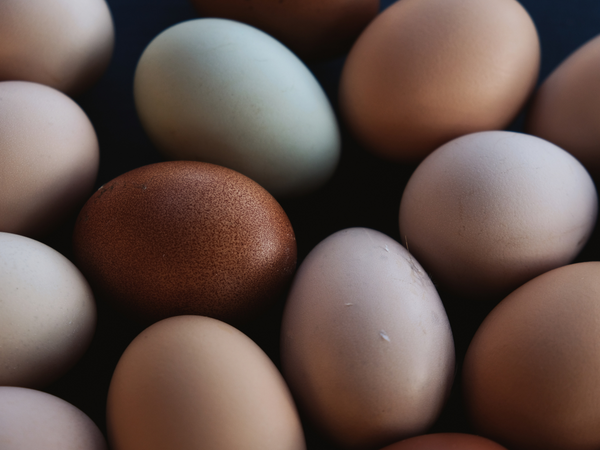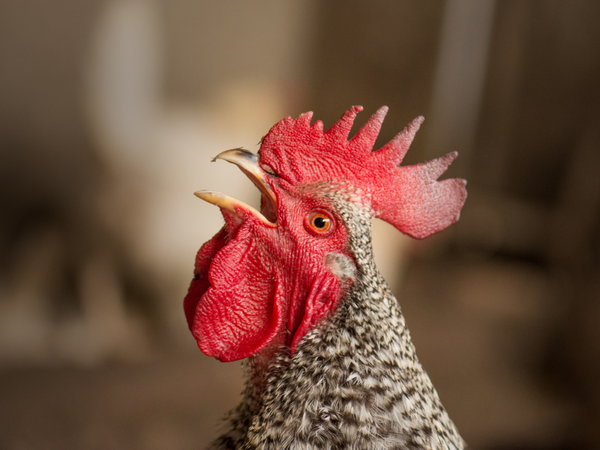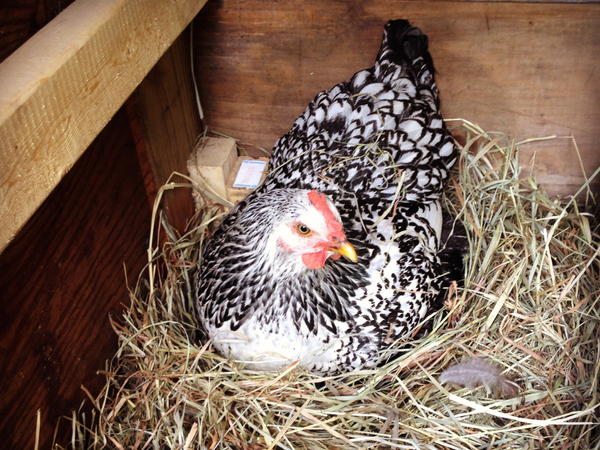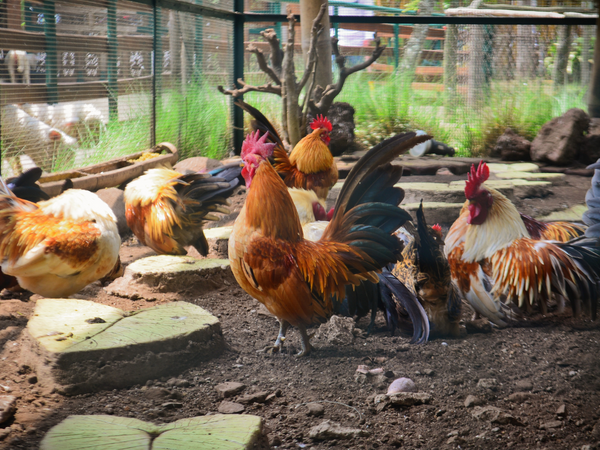16 Common Misconceptions About Chickens
Chickens have long been surrounded by misconceptions, but let's set the record straight. Here are some common myths about our feathered friends:
Myth: Chickens are dumb.
Fact: Contrary to popular belief, chickens are quite intelligent animals. They have complex social structures, can problem-solve, and exhibit a range of emotions.

Myth: Chickens only lay white eggs.
Fact: Chickens can lay eggs of various colors, including white, brown, blue, green, and even pink. The color of the eggshell depends on the breed of the chicken.

Myth: Chickens are always loud.
Fact: While roosters can be quite vocal, laying hens are relatively quiet, producing sounds similar to human conversation. Roosters may start their serenade before dawn, but many flocks can be kept without disturbing neighbors.

Myth: Chickens are flightless birds.
Fact: While chickens can flutter and hop short distances, they are not proficient flyers. They mostly stay on the ground and use their wings for balance and short bursts of flight.
Myth: Chickens need a rooster to lay eggs.
Fact: Hens will lay eggs regardless of whether there's a rooster present or not. However, without a rooster, the eggs will not be fertilized and will not develop into chicks.

Myth: Chickens are dirty animals.
Fact: Chickens are actually quite clean animals. They regularly preen themselves and take dust baths to keep their feathers clean and free of parasites.
Myth: Chickens are always raised for meat or eggs.
Fact: While chickens are commonly raised for meat and eggs, there are also breeds specifically kept as pets or for ornamental purposes.
Myth: Chickens are only useful for their eggs and meat.
Fact: Chickens provide many other benefits beyond eggs and meat. They can help control pests in gardens, produce fertilizer with their droppings, and even provide companionship.

Myth: Chickens are all the same.
Fact: There are hundreds of different breeds of chickens, each with its own unique characteristics, including size, color, temperament, and egg-laying abilities.
Myth: Chickens are completely vegetarian.
Fact: While chickens do eat grains and plants, they are omnivores and will also consume insects, worms, and small animals if given the opportunity.
Myth: Chickens can lay eggs every day.
Fact: While some chicken breeds are prolific layers, most hens do not lay eggs every day. Factors such as breed, age, diet, and environmental conditions can affect egg production.
Myth: Chickens are not affectionate.
Fact: Contrary to popular belief, chickens can be quite affectionate towards humans and other chickens. They often form strong bonds with their caretakers and even exhibit behaviors like cuddling and purring.
Myth: Chickens can regrow feathers instantly.
Fact: While chickens do molt and regrow feathers, this process takes time and doesn't happen instantly. Molting can leave chickens looking scruffy until their new feathers grow in.
Myth: Chickens lay eggs from their beaks.
Fact: Eggs are laid through the vent, a multipurpose opening used for laying eggs, expelling waste, and mating.
Myth: Chickens can't swim.
Fact: While chickens don't typically enjoy swimming like ducks do, they are capable of swimming short distances if necessary.
Myth: Chickens are nocturnal.
Fact: Chickens are diurnal animals, meaning they are most active during the day and rest at night. They typically roost at night and are awake and foraging during daylight hours.
Now that we've debunked these myths, you can appreciate chickens for the remarkable creatures they truly are!
